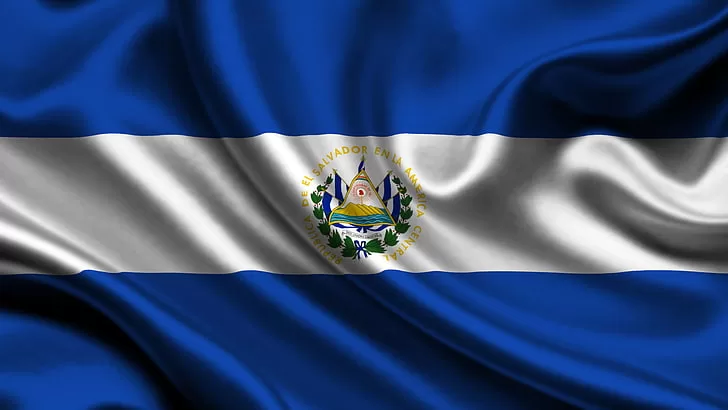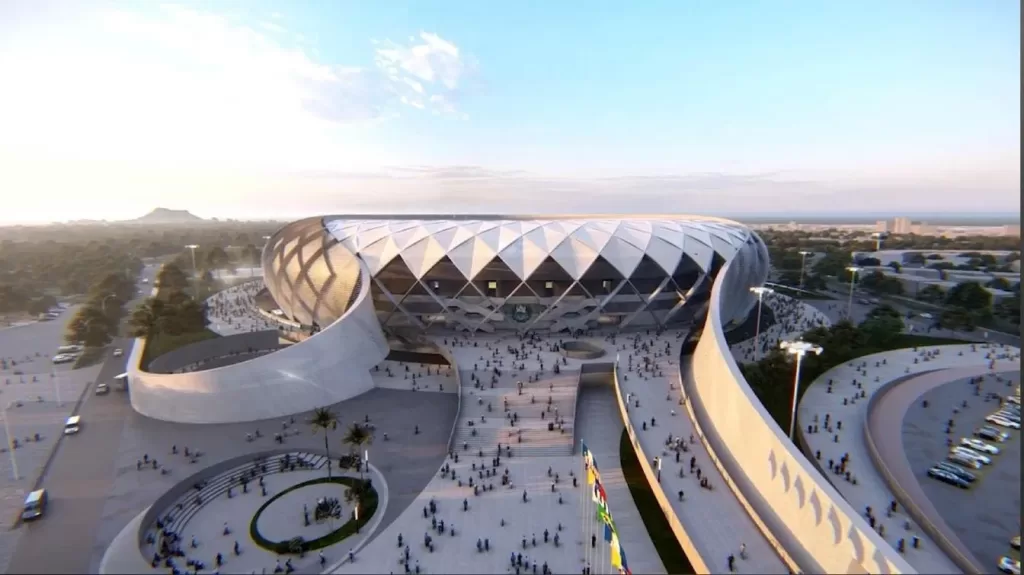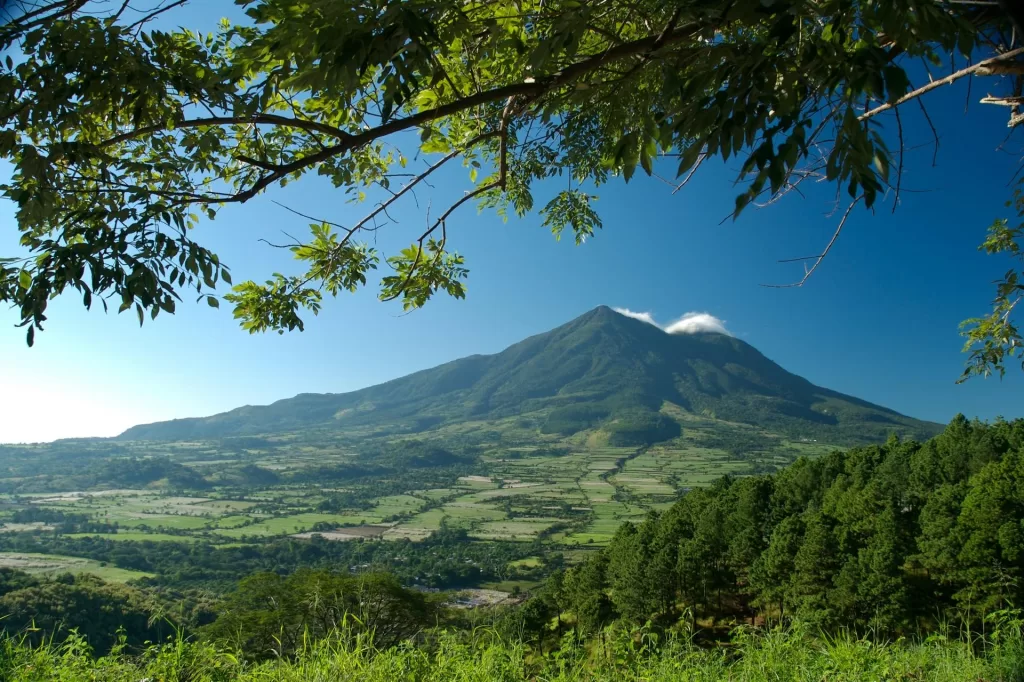El Salvador Country Report

El Salvador has made significant progress in terms of political stability since the end of the civil war in 1992. The country operates under a presidential system, with the President serving as both the head of state and the head of government. In terms of healthcare, El Salvador has a mix of public and private healthcare facilities. The public healthcare system provides services to the majority of the population, while private healthcare facilities offer a higher level of service at a higher cost. When it comes to the environment, El Salvador faces various challenges, including deforestation, soil erosion, and pollution. Efforts are being made to promote environmental conservation and sustainable practices.
The main threat to the people of El Salvador is clearly opportunistic and violent crime of all kinds. Most of the gangs are concentrated in San Salvador and other cities, but many rural areas are also under the informal control of criminal gangs. Natural disasters are also a serious risk, as El Salvador is regularly affected by earthquakes, hurricanes, and even volcanic eruptions.
Last updated: April 8, 2022
Security
The country has faced challenges related to crime and violence, particularly associated with gang activity. This has resulted in higher crime rates in certain areas. It’s important to be aware of your surroundings and take precautions to ensure personal safety when visiting or residing in El Salvador. It’s recommended to stay informed about the current security situation, follow the guidance of local authorities, and avoid high-crime areas. The government of El Salvador has implemented various measures to address these security concerns, including the deployment of security forces and initiatives aimed at reducing gang violence.
Last updated: July 20, 2023
Infrastructure

The infrastructure in El Salvador has seen significant development in recent years. The country has invested in improving its transportation networks, including roads, bridges, and airports. This has helped to enhance connectivity within the country and facilitate travel and trade. El Salvador also has a reliable electricity grid and has made efforts to expand access to clean and renewable energy sources. The government has implemented projects to improve water and sanitation infrastructure, ensuring access to clean water for its citizens. Additionally, El Salvador has been investing in its telecommunications infrastructure, expanding access to mobile and internet services across the country.Last updated: May 17, 2022
Environment

El Salvador is known for its diverse ecosystems, including forests, mountains, and coastal areas. However, the country faces various environmental challenges. Deforestation is a significant concern in El Salvador, with the loss of forest cover impacting biodiversity and contributing to soil erosion. Efforts are being made to promote reforestation and sustainable forest management to mitigate these issues. Water pollution is another environmental challenge in El Salvador, primarily due to inadequate wastewater treatment and industrial activities. This pollution affects both freshwater sources and coastal areas. Initiatives are underway to improve water quality and protect marine ecosystems. El Salvador is also vulnerable to natural disasters such as hurricanes, earthquakes, and volcanic eruptions. These events can have a significant impact on the environment and the population. Preparedness and response measures are in place to mitigate the effects of these disasters. In terms of environmental conservation, El Salvador has established protected areas and national parks to preserve its natural heritage. These areas play a crucial role in safeguarding biodiversity and promoting sustainable tourism.
Last updated: May 17, 2022
Health and Medical
Public healthcare facilities, such as hospitals and clinics, are available throughout the country, providing medical services to the population. The Ministry of Health oversees the public healthcare system and works towards ensuring quality and affordable healthcare for all. Private healthcare facilities are also an option for those who can afford it. These facilities generally offer a wider range of services and amenities, but they may come at a higher cost.
In terms of common diseases in El Salvador, like many countries, the burden of disease includes both communicable and non-communicable diseases. Communicable diseases such as respiratory infections, dengue fever, and gastrointestinal illnesses are prevalent. Non-communicable diseases like cardiovascular diseases, diabetes, and cancer are also significant health concerns. Efforts are being made to address these health challenges through preventive measures, public health campaigns, and improved access to healthcare services. It’s always a good idea to consult with healthcare professionals and follow recommended vaccinations and precautions when traveling to El Salvador.
Last updated: March 30, 2022
Political
The political situation in El Salvador has seen some recent changes. Nayib Bukele was elected as the President of El Salvador in 2019 and has introduced various reforms and initiatives during his presidency. His administration has focused on addressing issues such as corruption, crime, and economic development.
Last updated: May 17, 2022















